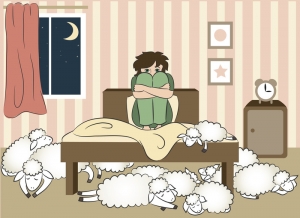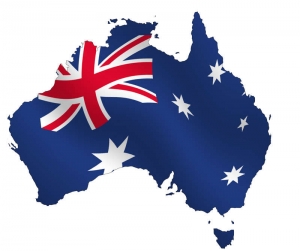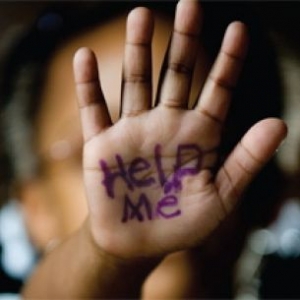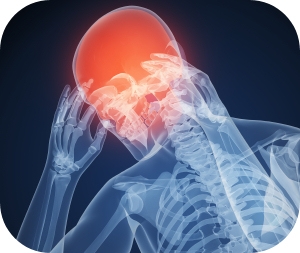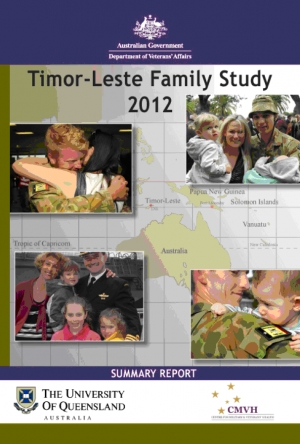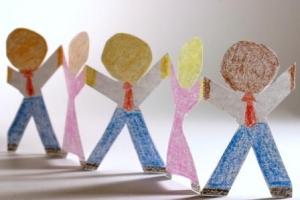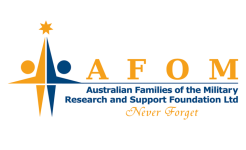Administrator
Living with Insomina - Get a good nights sleep!
Insomnia Myths and Facts
A Drink Will Help You Sleep
Myth. Insomnia -- chronic trouble getting to sleep or staying asleep -- can leave you desperate for a good night's rest. Think a cocktail before bed will offer relief? Think again. This myth probably persists because alcohol can help you fall asleep. But as it moves through your body it may lead to disturbed, restless sleep, or it may make you wake earlier.
Living with Insomina - Get a good nights sleep!
Insomnia Myths and Facts

A Drink Will Help You Sleep
Myth. Insomnia -- chronic trouble getting to sleep or staying asleep -- can leave you desperate for a good night's rest. Think a cocktail before bed will offer relief? Think again. This myth probably persists because alcohol can help you fall asleep. But as it moves through your body it may lead to disturbed, restless sleep, or it may make you wake earlier.
The Truth About Sugar Addiction
Sugar Detox: Hype or Hope?
A trendy sugar detox is a three-week diet said to rid you of your craving for sweets. The goal: to lose weight at last. But can eating masses of veggies really get the sugar monkey off your back for good? Here's the truth about sugar cravings and how to tame a wild sweet tooth.
Australian Health Overview
The Health of Australians - 2010 Overview
Traumatic Brain Injury - Australian Article
Traumatic Brain Injury Overview
Children and Trauma
Traumatic life experiences challenge a person's normal coping efforts. For children and adolescents, traumatic experiences include such things as sexual and other physical abuse and neglect, peer or family suicide, dog bites, severe burns, natural disasters (e.g. floods, tornadoes, hurricanes, etc.), fires, and medical procedures.
Post-traumatic Headaches in Civilians and Military Personnel
Abstract
Post-traumatic headache (PTH) is the most frequent symptom after traumatic brain injury (TBI). We review the epidemiology and characterization of PTH in military and civilian settings. PTH appears to be more likely to develop following mild TBI (concussion) compared with moderate or severe TBI. PTH often clinically resembles primary headache disorders, usually migraine. For migraine-like PTH, individuals who had the most severe headache pain had the highest headache frequencies.
Timor-Leste Family Study
Military service, particularly deployment, has a profound effect not only on those who serve but also on their families. The Timor-Leste Family Study is the first Australian study designed to investigate the effects of recent deployments on the health and wellbeing of Australian Defence Force families.

